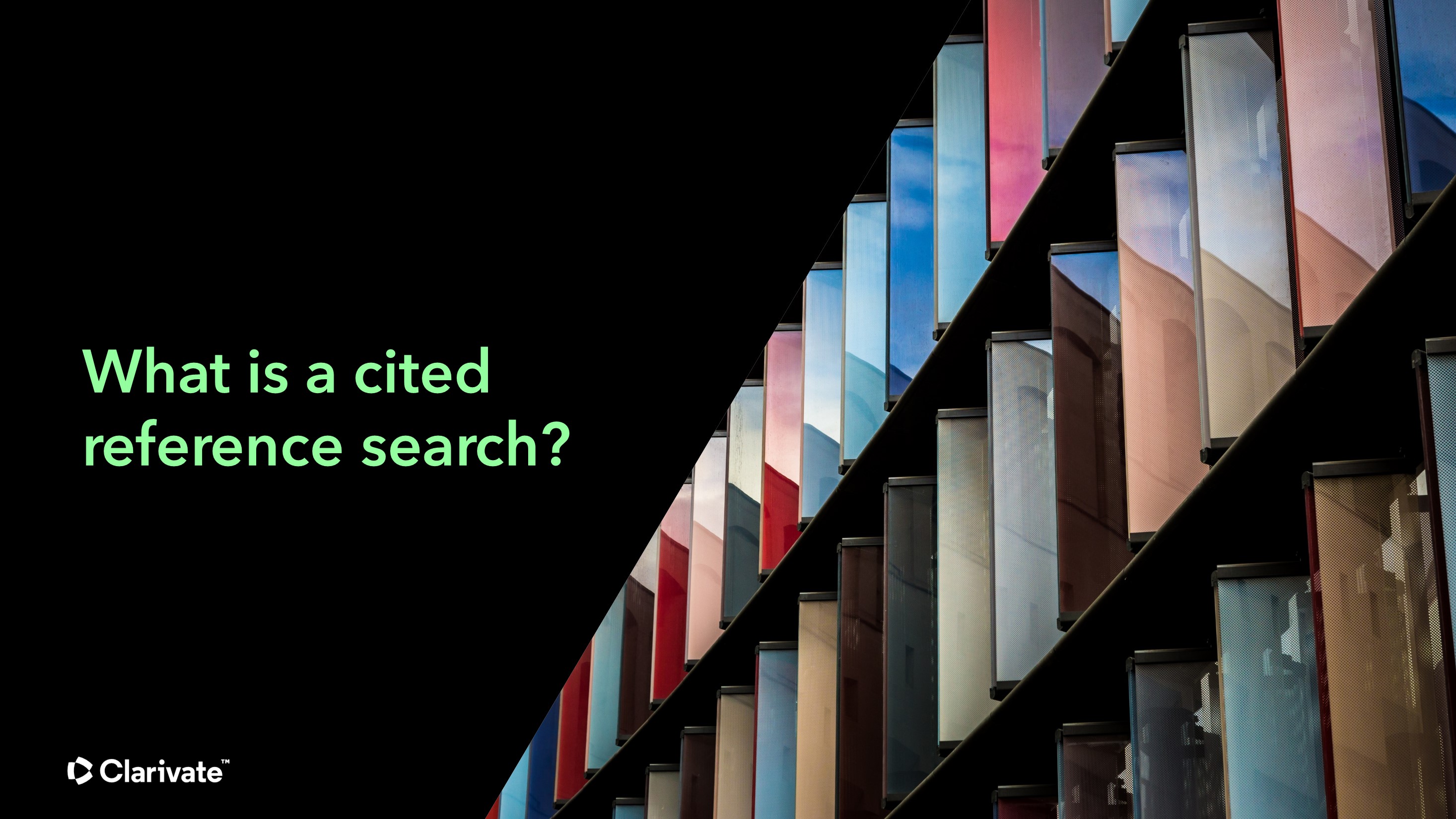MC 7001 Research Methods in Mass Communication: Academic Research & Writing Process
Literature Reviews
Some students get confused by literature review assignments and turn in work that is more like a research paper than a literature review. Here's how one professor explains the difference: "In a literature review, the focus is on what researchers in the field had to say. The articles themselves will be referred to specifically. For a research paper, the articles are used to support the conclusions that you reached, rather than to directly discuss the articles themselves."
First, read the relevant section in the style manual you are using. Follow the directions your professor gives you. If your professor uses a rubric, study the rubric.
Next, look at the information on these sites:
-
Emerald Group Publishing's Guide "How to write a literature review"Great infographic! Also, check out the article sections above the infographic. There are also links to examples.
-
UNC's Writing Center's Guide to Literature ReviewsExplains what literature reviews are and offer insights into the form and construction of literature reviews in the humanities, social sciences, and sciences.
Set up Google Scholar to link to LSU Libraries' resources
Using a Citation Index
If you find a helpful article, it's a good idea to look at the sources that article cites to identify other, earlier articles that may be relevant to your research.
A citation index allows you to find later articles (and in some cases book chapters) that cite an earlier article. In other words, if you find an article you are very interested in, you can look up the article in a citation index to identify later articles that list that original article in their references. These articles will often be related to the topic of the original article; a citation index can lead you to newer articles on a related topic.
Web of Science is a powerful citation index database. LSU Libraries' subscription includes coverage of the sciences, social sciences, and arts and humanities. Although LSU's subscription includes the humanities and social sciences, the scope of their coverage in Web of Science is much narrower than that of the sciences. If you are using Web of Science and are running into roadblocks, you may want to switch to Google Scholar.
Google Scholar is one of the easiest tools to use as a citation index. Note: If you aren't authenticated through MyLSU, Google Scholar will not recognize you as being affiliated with the university, and these articles won't be available as full text directly in Google Scholar.

